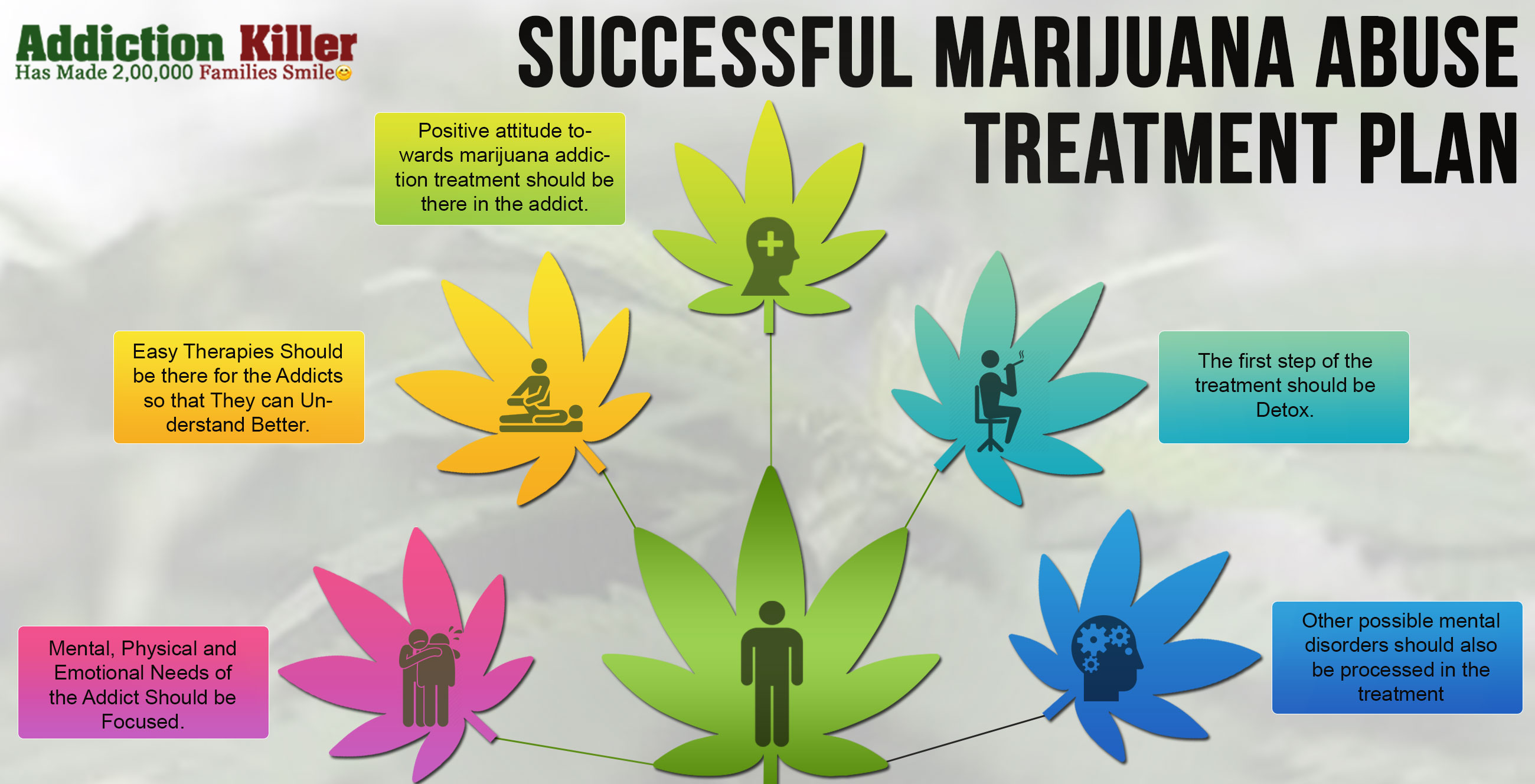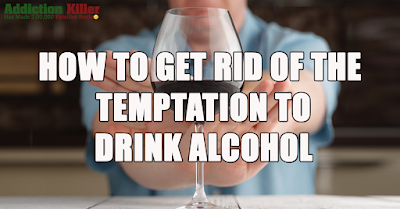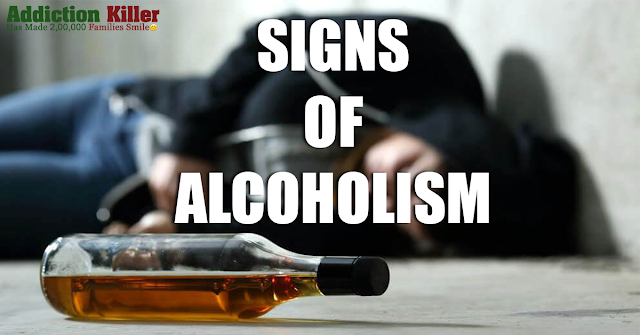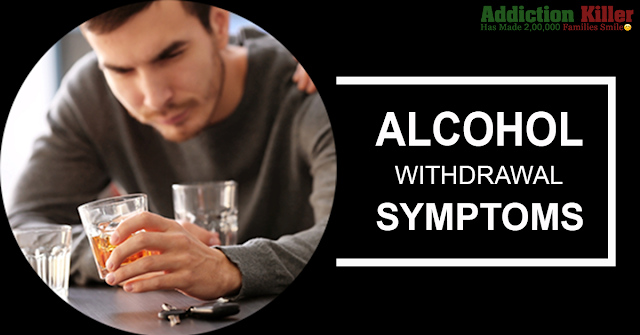Smoking is injurious to health”- This phrase has few words but very strong Health Effects.
Smoking is about generating an admiration of the addictive drug, nicotine. Many attempts at making Cigarettes without nicotine have been produced and failed commercially. Smokers get habituated to Cigarettes and find it hard to quit which initiates more Health Risks.
It is an addiction that can damage our body in many different ways. Tobacco is the major factor leading to rising of coronary artery disease causing a heart attack. Tobacco contains many chemicals out if which Nicotine is the most dreadful one. It causes an increment in the rate of blood pressure.
Smoking 1 cigarette is equal to losing 14 minutes of your life. Smokers are more likely on the risk of dying before age 65 than nonsmokers. People may tend to develop the side effects of smoking such as rapid heartbeat and shortness of breath, impair sports performance. All the smokers are confused & have conflicting views about smoking. This is because sometimes they feel pleasure & relaxation while smoking whereas sometimes they are fully aware of the hazards of smoking. Even though knowing the negative consequences of it, smoking is repeated again & again. Later it becomes a habit & this habit leads to Addiction. Beginning smokers usually experience Nausea, Dizziness, Headache, and Coughing. Along with other unpleasant symptoms leading to ill Health Effects.
Habits are affected by your environment, something you see or do in your daily life generate a trigger. Triggers are the stimuli associated with smoking. The FACT IS: Every cigarette you smoke harms your body!!
Smokers have a mentality of thinking 2 contradictory statements simultaneously:
Craving – having a very strong want or need for a cigarette and feeling irritated when you don’t get.
Habit – doing things the same way over and over when you smoke.
Potential Benefits of Quitting are: Food tastes better and Breath, clothes, hair, and nails do not smell of cigarette smoke
Quitting smoking may is the most needful step that you can take to improve your health. Some Steps to Quit Smoking and avoiding Health Risks are listed below:
- Develop your Quit Plan
- Decide Your Quit Day
- Quit
- Maintain your Quit Plan
Once you quit:
In the next 12 hours- the carbon monoxide level in your blood returns to normal.
In the next 2-12 weeks- blood circulation and lung function begin to improve.
In the next 1 year- the increased risk of having a heart attack is reduced by half.Read More: MARIJUANA’S EFFECTS ON BRAIN CELLS





























